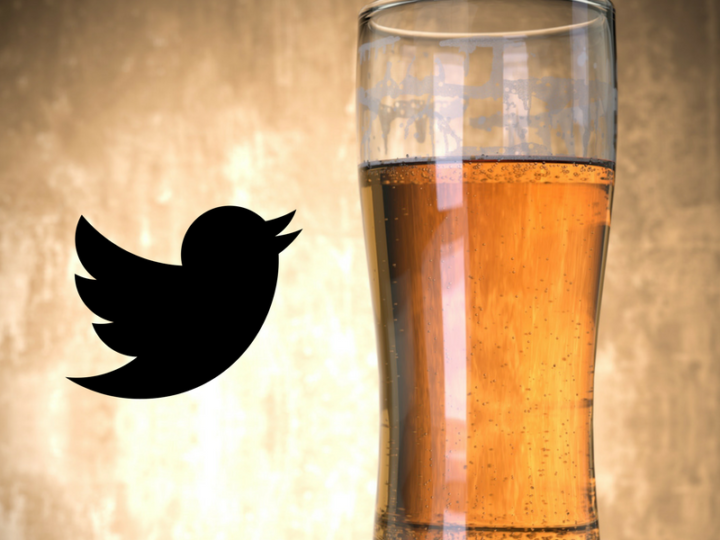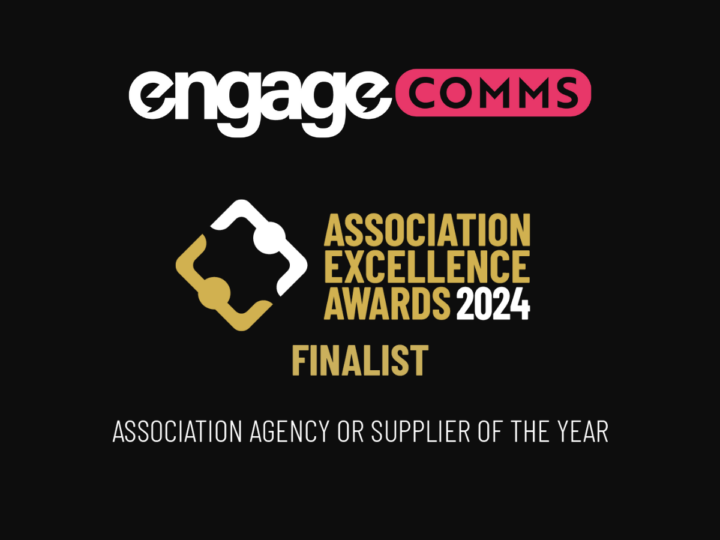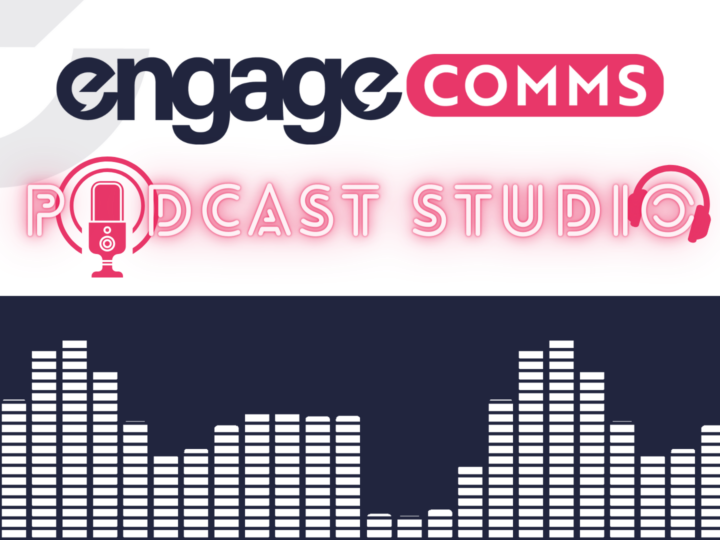The big news in the world of business and marketing this week is pub chain Wetherspoons’ announcement that it is quitting use of social media by both its head office and individual outlets. It will delete accounts with 10,000 followers because it believes them to be detrimental to its business due to the amount of time spent monitoring and managing them.
Measuring impact of social media use on a brand/business
This seems to me to be a very short-sighted move and suggests that the brand’s management have misunderstood how to measure the impact of social media use on the business. If it is viewed purely as a sales tool, then this may seem like a straightforward business decision: Many of its customers are older and may not use social media and those who do aren’t choosing Wetherspoons because of it. There is also a lack of willingness from staff to spend time on it. Strategically, they’ve missed the point. Social media use by a consumer brand cannot be measured by short term sales alone and if it is used as a short-term sales tool, it is unlikely to have an impact anyway.
Ignorance isn’t bliss
For a brand the size of Wetherspoons, there is no doubt that, whether it has a presence on social platforms or not, people will be talking about it on social media on a regular basis. Monitoring social channels for mentions, comments, and complaints can be time-consuming, but not doing so can come at a much greater cost. Assuming Wetherspoons HQ and its individual branches don’t intend on even ‘listening’ to social platforms, they are effectively ‘blocking out’ a key customer communications/care channel. So much for two-way dialogue! Social media is a free to use and incredibly powerful customer insight and research tool which the brand clearly doesn’t understand how to tap into.
Fit for the future?
It may be that detailed analysis has been undertaken showing that most of Wetherspoons’ current customers rarely use social media (unlikely in this day and age) or that if they do, they have no desire to engage with the brand on those platforms. However, the announcement doesn’t mention what customers want – it focuses on staff time spent on the channels. And even if current customers don’t use those channels or don’t want/need to use them to engage with the brand or individual branches, that’s not to say that things won’t change in the future. If the business is going to be sustainable over the long term, it needs to be looking at consumer trends over the next 10-20 years and while many younger people are moving away from the mainstream social media channels, there is no evidence that they will stop using them completely or that they won’t go back to using them when they get into the workplace. Snapchat might be great for teenagers who want to shun brands and their parents, but they may turn to Twitter when they become young professionals. Deleting accounts that have built up 10,000 followers is throwing away years’ worth of data and contacts, not to mention meaning that any future change of plans will mean starting completely from scratch!
Reputation, reputation, reputation
Not only does turning its back on social media make it much more difficult for a consumer brand to manage/monitor its reputation, one satirical article (http://newsthump.com/2018/04/16/social-media-is-bad-for-you-insists-wetherspoons-pub-serving-pints-for-breakfast/) even questions the company’s motives for taking the decision, suggesting that it could be to avoid scrutiny around how the Brexit referendum was handled by some key influencers, including business leaders like Wetherspoons’ boss. What may have partly been a PR exercise could turn into a PR nightmare. In a world where consumers demand transparency, Wetherspoons could now look like it has something to hide.
The same satirical article also highlights the hypocrisy of Wetherspoons’ claim that this is somehow an ethical stance on the negative impact of social media on people’s lives when its core business is to sell cheap alcohol. Even the way the decision has been announced and the suggested motives behind it have created cynicism, especially since trust in big brands and the traditional news media (which Wetherspoons now says it will rely more heavily on) is at an all-time low.
Is social media set for decline?
Having said all that, trust in social media platforms is also declining in the light of general privacy issues and things like the Facebook-Cambridge Analytica data scandal. Wetherspoons isn’t the only major brand to have its reservations and won’t be the last. While Wetherspoons’ motivations may be short-sighted now, we could see other businesses following in this trend, along with consumers. My concern is that we go back to the days of brands making the assumption that they can engage customers over the long term simply by ‘broadcasting’ information ‘at’ them. They will learn the hard way that this is no longer possible.



